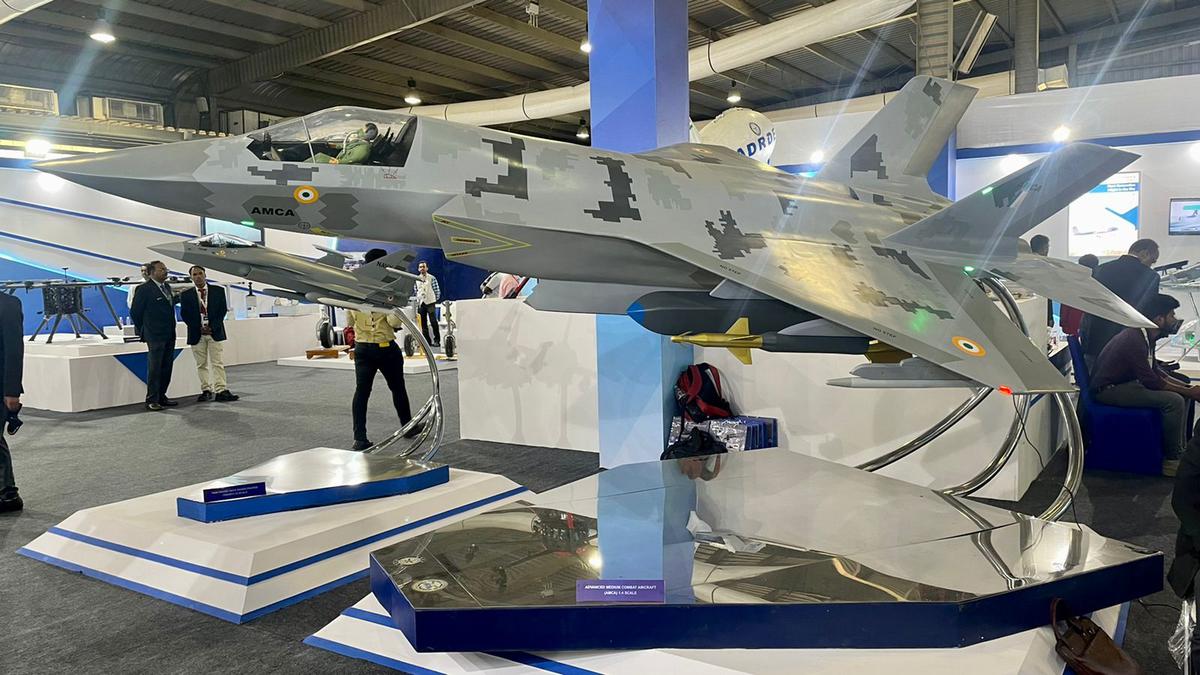SOURCE: RAUNAK KUNDE / NEWS BEAT / IDRW.ORG

The approval process for India’s twin-engine advanced medium combat aircraft (AMCA) is expected to receive clearance from the Cabinet Committee on Security (CCS) in the coming months. Chaired by Prime Minister Narendra Modi, the CCS is nearing the completion of its review, which gained momentum following the successful completion of the Critical Design Review (CDR) earlier this year. The CDR ensures that the aircraft’s system meets the required performance standards, allowing it to progress into the fabrication, demonstration, and testing stages.
Sources familiar with the matter indicate that the CCS process is likely to conclude by September or October, at the latest. Following the approval, the prototype rollout of the AMCA is scheduled for mid-2026, with the first flight planned for late 2027.
To facilitate the development and trials of the aircraft, the Aeronautical Development Agency (ADA) is seeking approximately 15,000 crores for the production of four prototypes. These prototypes will undergo extensive developmental trials. Additionally, three pre-production aircraft will be utilized before the AMCA MkI, equipped with older F414 engines, enters full-scale production by late 2032-33.
The subsequent variant, AMCA MkII, will feature a newer and higher-thrust engine. This version is slated to go into production by 2035-36, with plans to procure 100 units. The incorporation of a more advanced engine will enhance the aircraft’s performance capabilities, ensuring its effectiveness in future operations.
The AMCA project represents a significant step forward for India’s indigenous defence capabilities. By developing a twin-engine advanced medium combat aircraft, India aims to bolster its domestic defence industry, reduce dependence on foreign acquisitions, and enhance its overall combat capabilities. The AMCA is expected to play a pivotal role in the Indian Air Force’s future fleet, catering to various operational requirements and bolstering national security.
NOTE : Article cannot be reproduced without written permission of idrw.org in any form even for YouTube Videos to avoid Copy right strikes